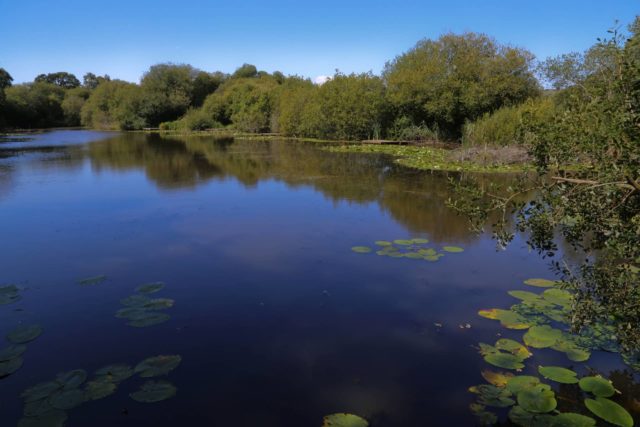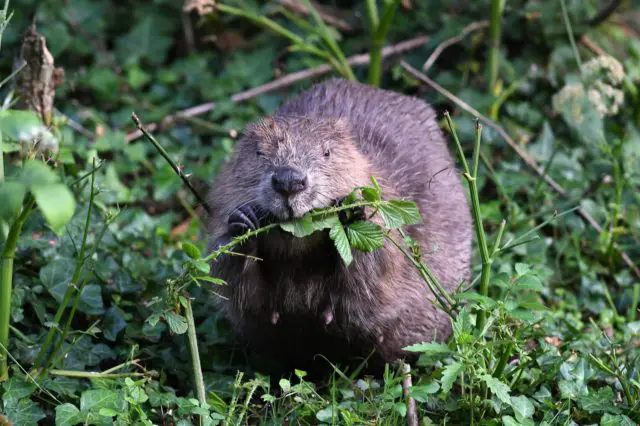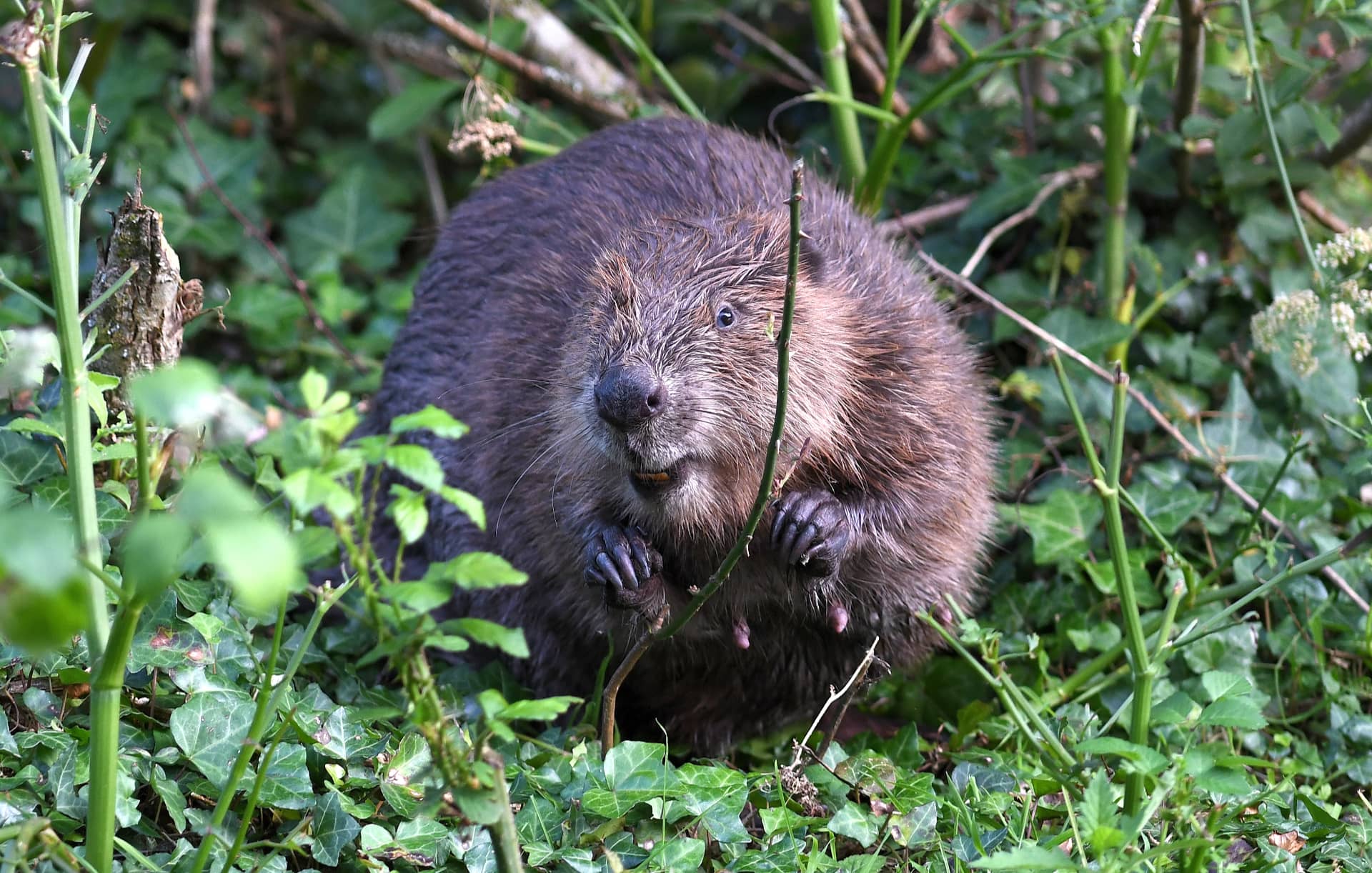A public consultation run by Hampshire and Isle of Wight Wildlife Trust earlier this year has found that the majority of those who responded would support the release of wild beavers on the Island.
The Trust mailed a questionnaire to every home on the Island in February asking residents for their views on a potential release of the aquatic mammals in the Eastern Yar valley.
Almost 5,000 responses
A total of 4,883 people responded to the consultation with 89 per cent stating they feel positively about beavers being released on the Isle of Wight.
Beavers are incredible ecosystem engineers, and their activities create new wetland habitats, bringing benefits to lots of other wildlife. Their natural dam-building ability also slows the flow of watercourses, which helps to mitigate flash flood risk downstream and improves water quality.

88 per cent believe beavers would benefit other wildlife
The survey results confirmed 88 per cent of respondents believe beavers would benefit other wildlife on the Isle of Wight, while 81 per cent of people felt the mammals would positively impact local flooding and water quality.
In areas where beavers are already flourishing in the UK, they have attracted ecotourism, benefiting the local economy.
Boost to local economy
Of those who completed the questionnaire, 73 per cent said they thought beavers could boost the local economy on the Isle of Wight, while 87 per cent thought the presence of beavers would contribute to people’s ability to connect with nature.
The public survey, which was also available to complete online, was closed after three months but the consultation remains ongoing. The Trust’s dedicated Beaver Recovery Project Officer, Izzie Tween, continues to engage with landowners and communities on the Island to review the impacts of the proposed beaver release
Impact of beavers
Some residents have raised questions about the potential impacts of beavers on the Island, especially those who live in closer proximity to a watercourse.
The Trust will work closely with riverside property owners and landowners to assess the likely level of impact beavers may have on their land. They’ll also offer impact mitigation options, including tree protection and dam manipulation solutions. Separately, the government has also recently announced a suite of compensation measures to help landowners protect trees and permanent crops against potential damage caused by beaver activity.

Tween: We’ll continue to consult and liaise closely with stakeholders
Izzie Tween, from Hampshire and Isle of Wight Wildlife Trust, said,
“It’s encouraging that a majority of respondents are in favour of a beaver release on the Isle of Wight and see the benefits beavers could bring.
“We also recognise and value those who raised comments and concerns. We’ll continue to consult and liaise closely with stakeholders, especially local landowners who may be directly impacted in the event of a release.
“Ultimately, as a Trust, we believe a beaver release on the Isle of Wight could offer a wealth of opportunities to enhance our climate resilience, restore nature and boost the local economy for many years to come.”
Next stages
Following the public consultation, the Trust hopes to submit a licence application – which is needed for any beaver release in the UK – to Natural England.
Currently, though, Natural England are not accepting licence applications while it works with DEFRA to finalise the national beaver strategy after running their own public consultation last year.
If the Trust’s eventual licence application is successful, it’s hoped the first beavers could be released on the Island by 2024.
Relentless hunting drove them to extinction
Beavers are native British mammals and were once common in the UK before relentless hunting for their meat, fur and scent oils drove them to extinction by the 16th century.
Conservation efforts have allowed the species to make a remarkable comeback across Britain. Wild populations are thriving in Scotland, Devon, Kent, Somerset, Wiltshire and Herefordshire.
A potential release of beavers on the Isle of Wight is a key part of Hampshire and Isle of Wight Wildlife Trust’s vision to support nature’s recovery on the Island and create a ‘Wilder Wight’.
Find out more
The Trust has made a full analysis of the consultation results available on its website. To find this and to learn more about Hampshire and Isle of Wight Wildlife Trust’s beaver recovery project, visit the Website.
News shared by Jake Kendall-Ashton on behalf of Hampshire and Isle of Wight Wildlife Trust. Ed
Image: © Russell Savory David Parkyn





